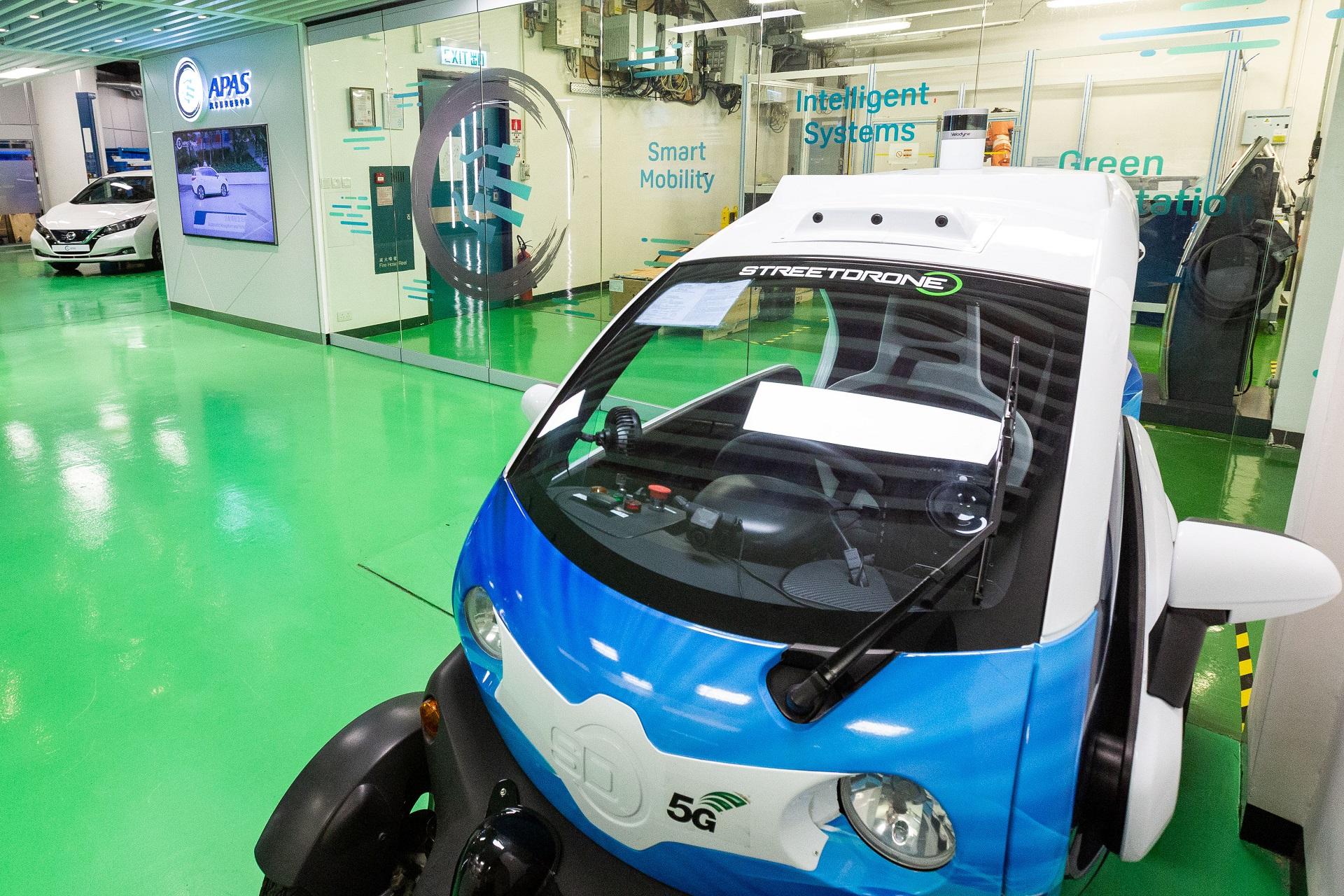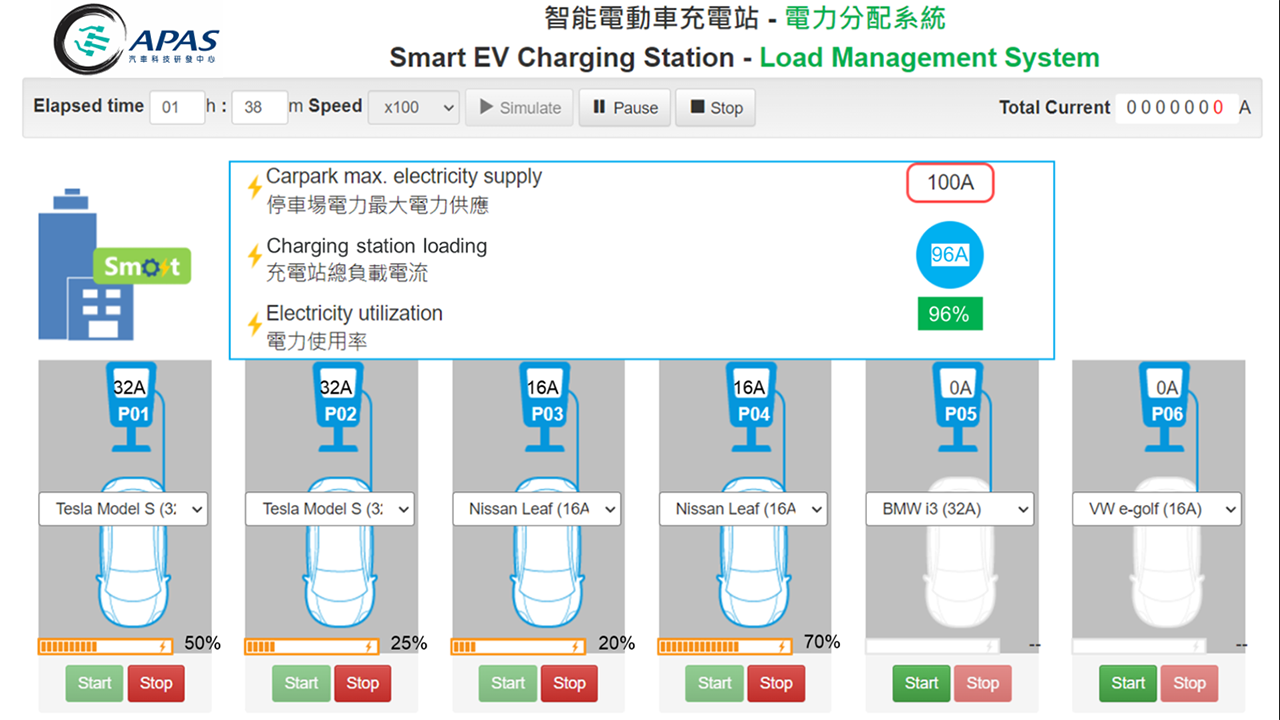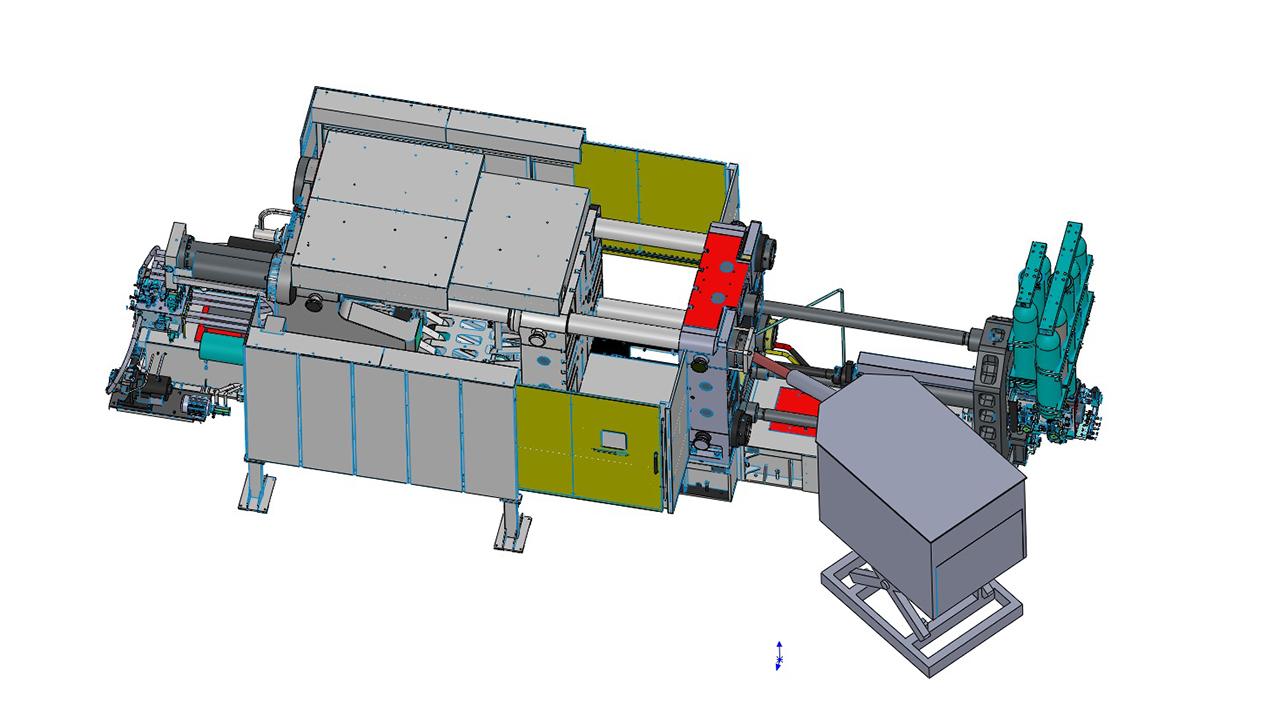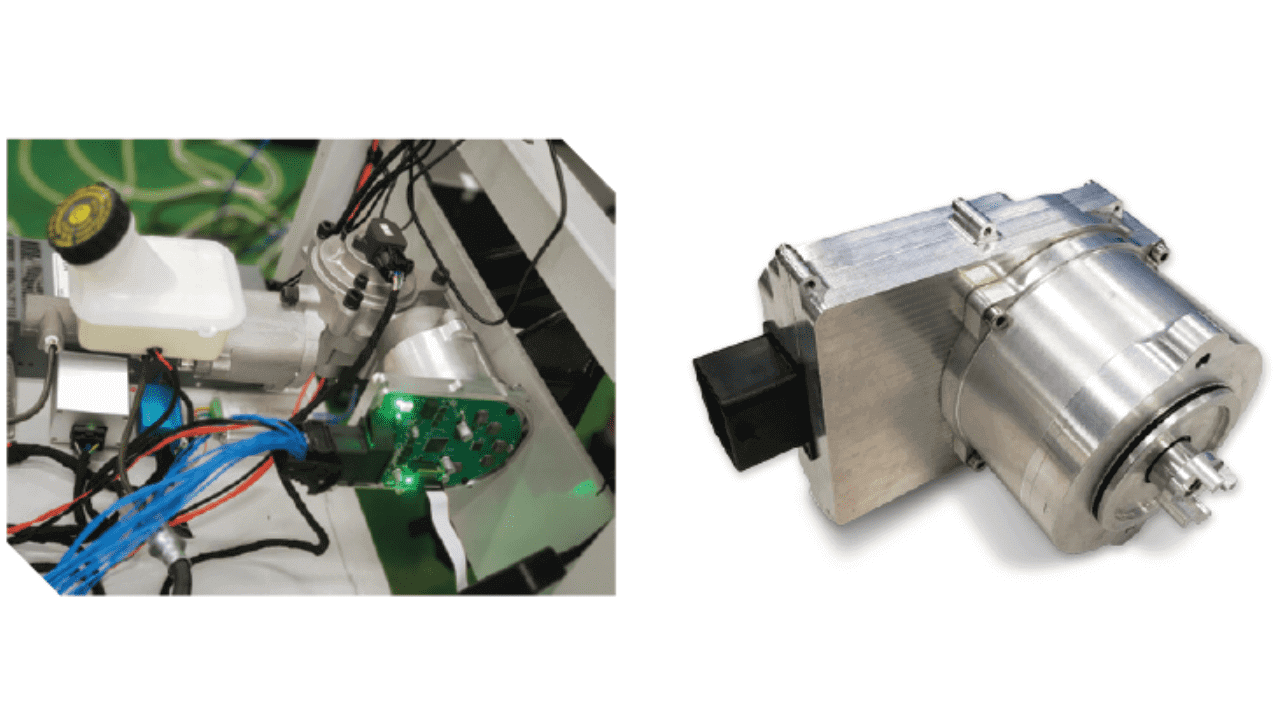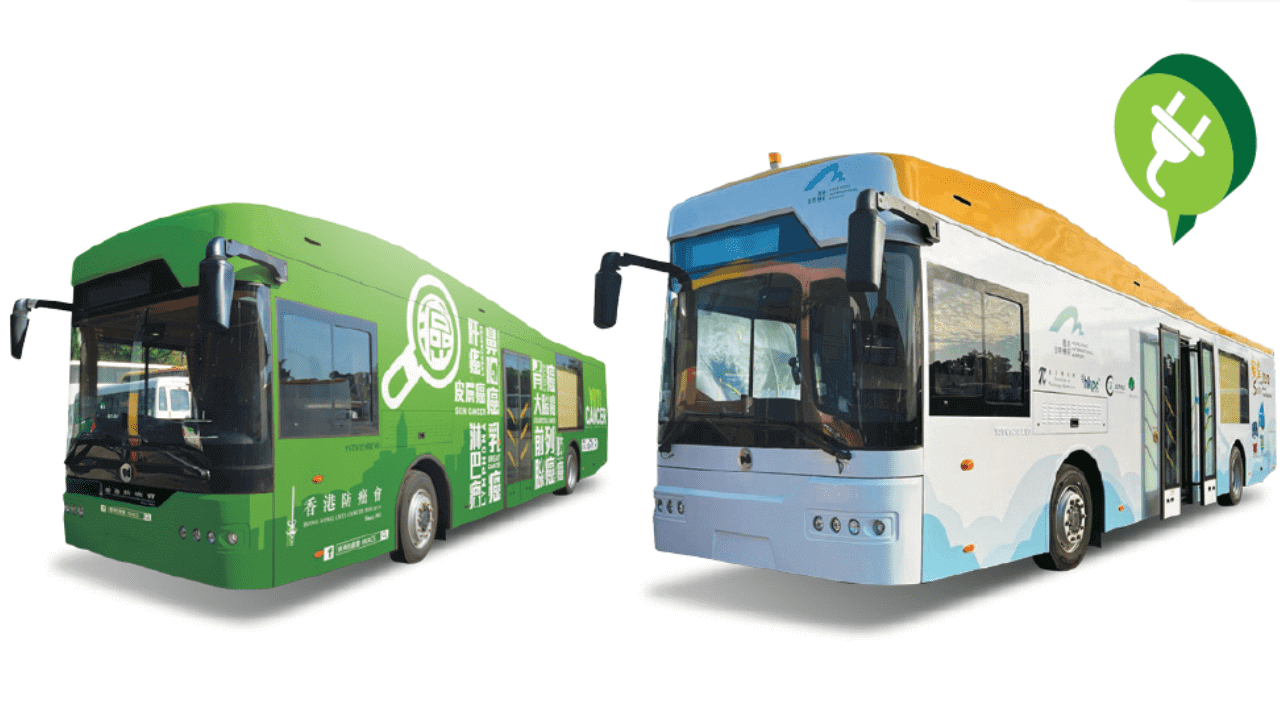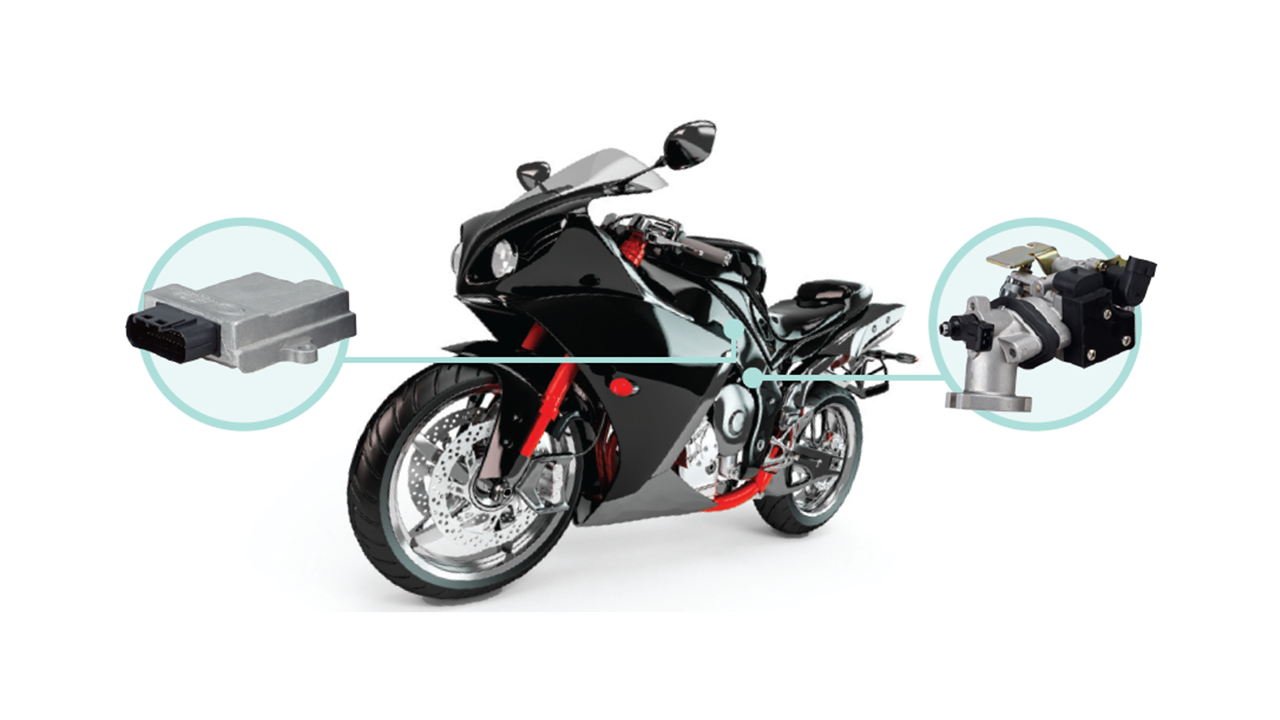
Electric Vehicle Wireless Charger
The Electric Vehicle Wireless Charger (EVWC) charges electric vehicles (EV) remotely by magnetic resonance. The EVWC transmits electrical energy from transmitter coil on the ground to the receiver coil on th EV chassis with high energy transfer efficiency. This highly efficient and safe EVWC has medium charging power and magnetic flux leakage protection. The charger is designed referencing the SAE J2954 standard on wireless power transfer, being compatible with EVs of Europe, the United States (US), Japan and mainland China.
In additional to the existing conductive EV chargers, there is a growing demand in wireless EV chargers. Wireless charging is more convenient, sustainable, and it can eliminate the risk of electric shock. There is a huge market for wireless EV chargers as the use of EVs is being promoted all over the world, including Hong Kong, mainland China, Japan, Europe and the US. The development of EV charger can also drive EV promotion.
- Contactless and electric shock is avoided
- Make EV charging more convenient and electric shock is avoided
- Medium charging power (7kW, e.g. Can fully charge a BMW i3 in 3 hours)
- Magnetic flux leakage protection
- Designed to SAE J2954 standard for high compatibility
- Pure Electric Vehicles (PEV)
- Plug-in Hybrid Electric Vehicles (PHEV)
- Other battery-powered vehicles
Centre of Advanced Power and Autonomous Systems (APAS) (formerly Automotive Platforms and Application Systems R&D Centre) was established in 2006 and is fully integrated as a business division under HKPC on 1 April 2025. APAS continues to undertake market-led R&D programmes spanning green transportation, smart mobility, intelligent systems and emerging applications, as well as commercialises R&D results in collaboration with industry, universities and technology institutes to enhance the competitiveness of Hong Kong's automotive and other transportation sectors in new energy and smart driving.
